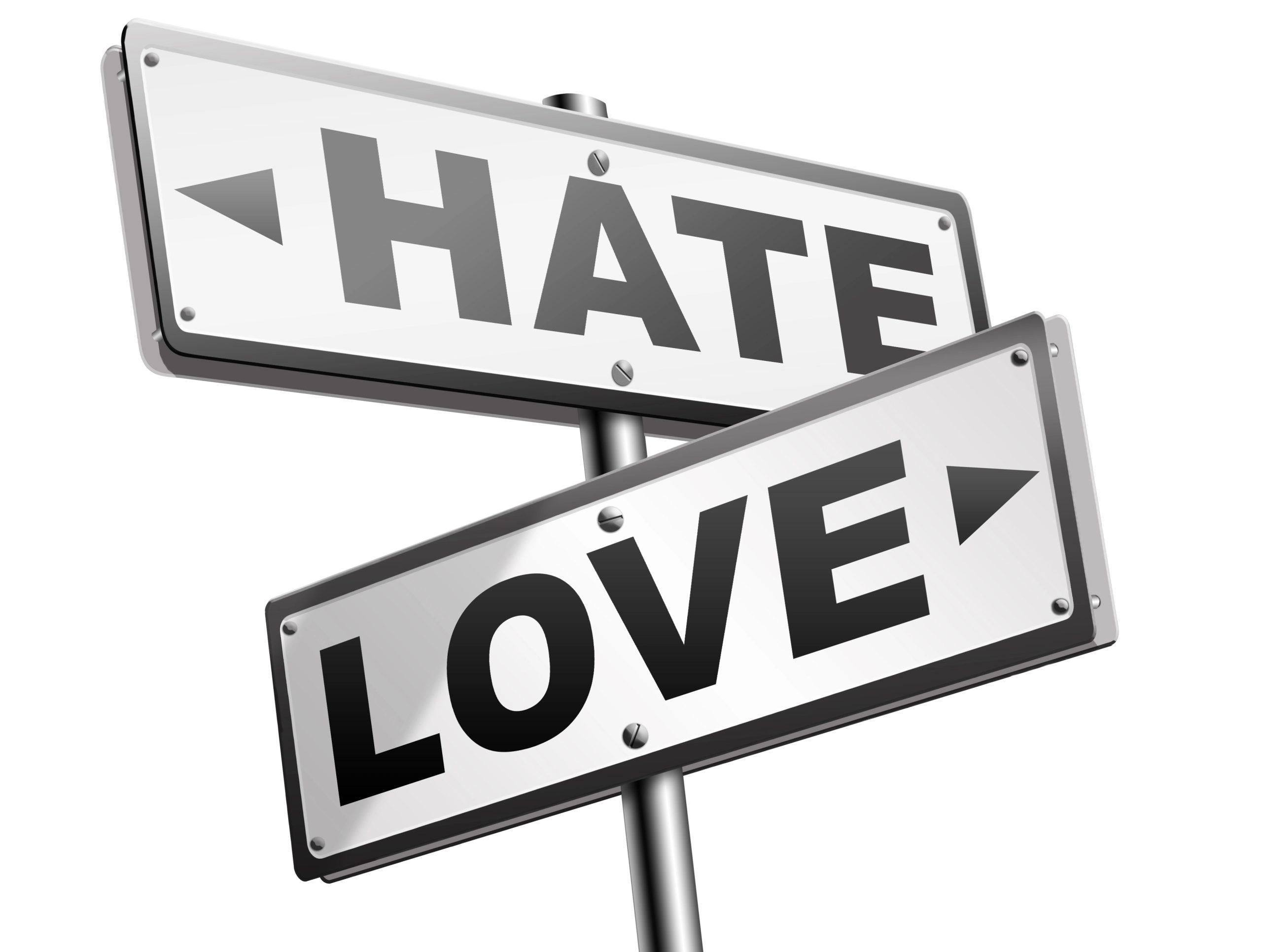Both sides of the Trump political divide can help our country by trying to understand that most people on both sides truly are concerned about America, the future, community, families, and things the reasonable citizen will construe as good.
In a letter to The New York Times today, a quagmired reader from a so-called Blue State (a state that reliably votes Democrat), posed a question to Kwame Anthony Appiah, who penned The Ethicist column reacting to “My Mom Voted for Trump. Can We Let It Go?”
The troubled man wrote of his dilemma:
“I strongly oppose Trump, as do my wife and her family, who live nearby. I’m troubled by my mother’s support of someone I consider morally abhorrent and dangerous, especially when she voted in a former swing state.
“With the result of the 2024 election, my wife and her family are directing their understandable fury at my mother. My wife’s sister said, ‘’If she voted for Trump again, I’m completely done with her.’ I expect that the next time they interact it will not be pretty. But my mother is a member of our family, and an invaluable caregiver to our children. She’s pleasant and kind in daily life and moved far from her home primarily for us and her grandkids. And she is my mother, after all.
“I’m torn.”
People in Guam and the CNMI may recognize themselves or others in the reflections of this man, his wife, his wife’s family, and his mother. People on both sides have been vitriolic, merciless, absent from understanding, and assuming the worst in those who don’t share their political or ideological beliefs.
The Ethicist column in The Times promotes dialogue on questions of ethics. For this man, he needed guidance to his questions:
“Ethically, is it wrong for me to hold my tongue or to try to negotiate the peace even though I agree with the substance of my wife’s family’s position? If I try to protect my mother from vitriol, would I be betraying myself, or my wife and her family, in order to preserve harmony and child care? Or would I be justified in suggesting that we all lay down our arms, given that her vote no longer affects the national outcome? If I try to completely opt out of having a role in this conflict, am I doing a disservice to all parties involved? What do we owe to ourselves and the respective warring sides in a situation such as this?”
“This is a sad but not unusual story,” Mr. Appiah wrote in his reply to the man with the dilemma. “Political scientists have identified a form of animus they sometimes call partyism, which they try to measure in various ways. They can ask respondents whether people of the other political party have positive traits (generosity, say, or honesty), or bad ones (selfishness, untrustworthiness); they can ask what people think about being friends with supporters of the other party or about their children marrying across the partisan divide.”
Partyism, Mr. Appiah wrote, is starting to replace old divides such as White versus Black or Muslim versus Christian or heterosexual versus homosexual with a new debilitating social construct: Democrats versus Republicans, or left versus right. According to the article, research has been gathering, showing growing partyism since 2000.
“One way in which these attitudes can be rationalized is by insisting that members of the other party are making the wrong choices because they are wicked or stupid or both,” Mr. Appiah explained. “Yet voting for morally reprehensible candidates doesn’t mean you necessarily share their vices. You will almost certainly be voting with a focus on the good things you hope they will do or with the belief that they will do more good than their opponents. You might have gotten something wrong — about how the world works, about what they will do, about what is good. Others can complain that you didn’t do your due diligence. Still, most Democrats, like most Republicans, are bound to have a lot of erroneous beliefs about what their candidate would have done. A preponderance of voters will fall short when it comes to meeting the standards of due diligence.”
Just a cursory look at people’s opinions pertaining to presidential politics in Guam over the past 24 hours yields a divide from which both sides can learn tolerance, and maybe even understanding and wisdom.
“In perfect harmony? Far from it,” Mr. Appiah wrote. “But it helps to remember people are more than the sum of their political views — and that intolerance has a habit of breeding intolerance.”
I encourage you to read the full column. I further encourage you to subscribe to The New York Times, which is the bedrock standard of journalism in the world. A subscription costs $1 a week.







1 Comments
Thomas Songsong
11/25/2024 at 7:25 AM
This article is just another TDS piece of sh**. Don’t bother with The New York Times propaganda media. If one hasn’t learned anything by now from the legacy media’s propaganda, then one is TDS stupid.
Kandit News makes me wonder why it endorses posting fake propaganda articles.